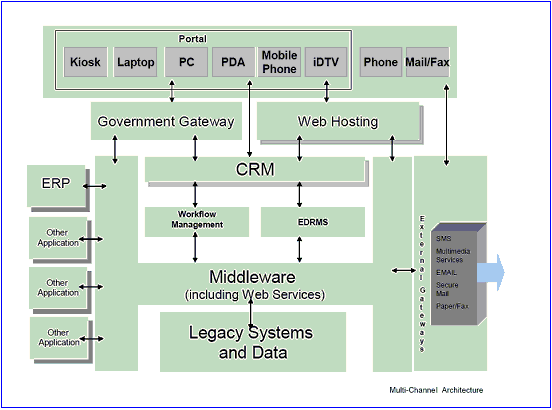|
| BELFAST - NIHE - eWork service
NIHE is going to provide the following service in the field of eWork.
Project scope
Trusted eWork services based on a range of access devices will enable integration of the work of mobile housing staff into business processes.
With the Trusted eWork Services, in which security and usability issues are fully addressed, employees will be able to access company information and take part in business processes while at home , or in the mobile environment , as if they were in the office . They can therefore be expected to perform their on-site and/or out-of-hours activities much more efficiently.
Pilot projects
A number of pilot projects have been initiated to pilot home based, mobile working and secure remote access by external partners:o neighbourhood wardens
o Adaptations ( electronic links between NIHE and hospital trusts)
o PSIS (Grants) home based working
o Home based/remote mobile working for a small number of other staff These pilot projects will provide key evaluation information for the Business users across a range of issues.
Secure external access infrastructure.
The implementation of the above pilots will require the creation of a secure remote access infrastructure which will be the foundation for further rollout of this technology as part of the wider Modernising Services (MS) Programme.
In order to meet the objectives of the MS Programme it will require the implementation of a security framework for the pilot projects which fits into a Multi-Channel architecture as shown in the diagram below.

Service design and delivery guide - UK eGovernment unit
The scope of this project is to facilitate secure remote access for both NIHE and 'non-trusted' Users from the remote access devices:o NIHE users will require remote access to both corporate applications (e.g. email , portal) and to specific Business applications
o 'non-trusted' Users will require remote access to specific corporate information (e.g. Design & Property Services consultants)
and also access to specific applications e.g. Hospital Trusts involved in the Adaptations project
o 'non-trusted' Users will also require remote access to specific applications e.g. Hospital Trusts involved in the Adaptations project
o hostel staff require remote access to corporate applications using ADSL connectivity
For each of these it is necessary for the secure access infrastructure to provide :-o Authentication,
o Authorisation,
o Accounting.
The following diagram outlines the security infrastructure components within the NIHE environment.

Grants officers
The vision for the enhanced delivery of the Grants service under the Modernising Services programme will involve 'home based/mobile' working for staff.
It has been agreed that there are a number of both technical and business/cultural issues to be addressed prior to any decision on a full rollout across the organisation. A pilot project has therefore been initiated involving a small number of staff.
Neighbourhood Wardens
The role of the neighbourhood warden is an estate based function. The duties are wide-ranging and include developing community relationships, following up initial reports of anti-social behaviour, termination of tenancy inspections, accompanied viewings, carrying out regular inspections of void properties, communal areas, green areas and open spaces to check for damage, illegal dumping, vandalism etc..
Information relating to these activities needs to be maintained and should be easily accessible. At present, considerable time is spent going back and forth to the district office to update records with details of visits and inspections. The officer also goes back to the office to manage e-mail, preparing correspondence to / from tenants and maintaining a work log of activities.
Provision of secure remote access technology to these staff will improve the effectiveness and efficiency of the service they provide.
Potential functionality:o Immediate access to e-mails, appointments, task lists;
o Access to letters and manuals commonly used in the course of their duties;
o Ability to record inspections of communal areas;
o Ability to record service requests on behalf of the tenants. 
|